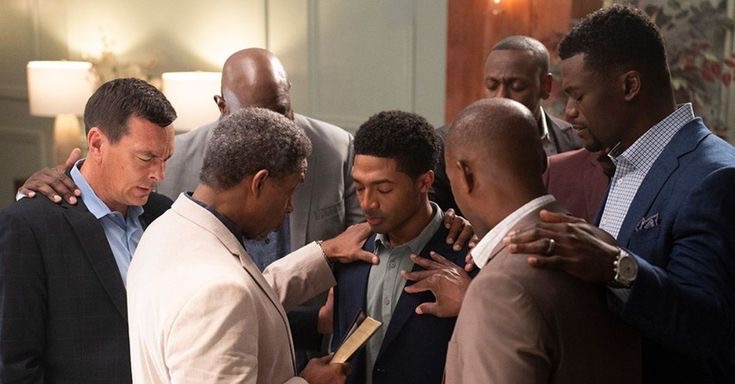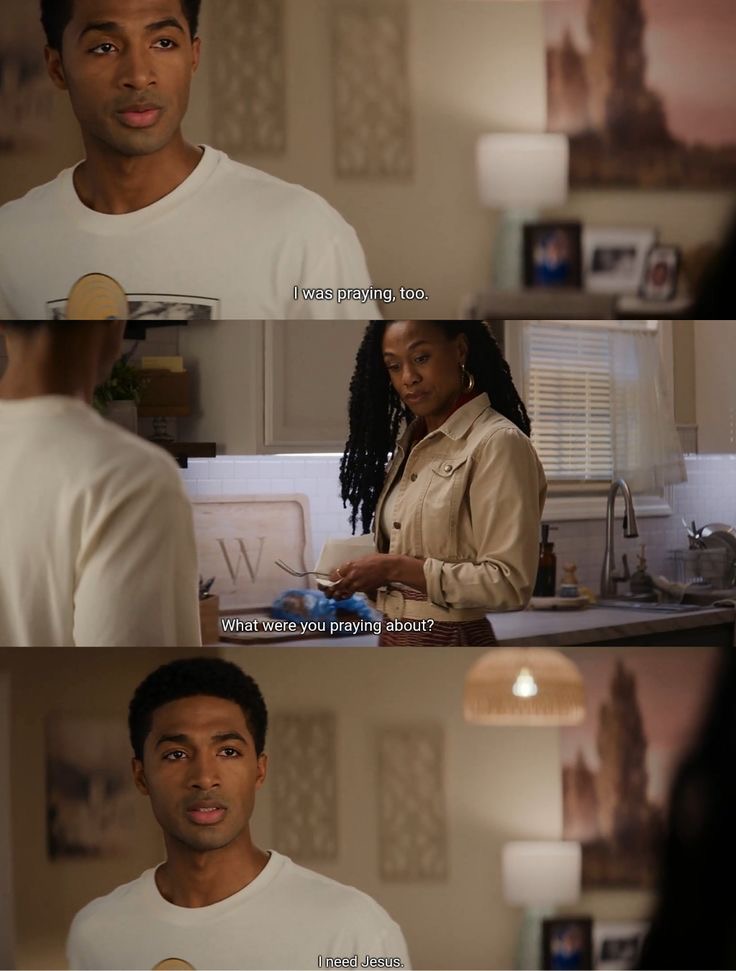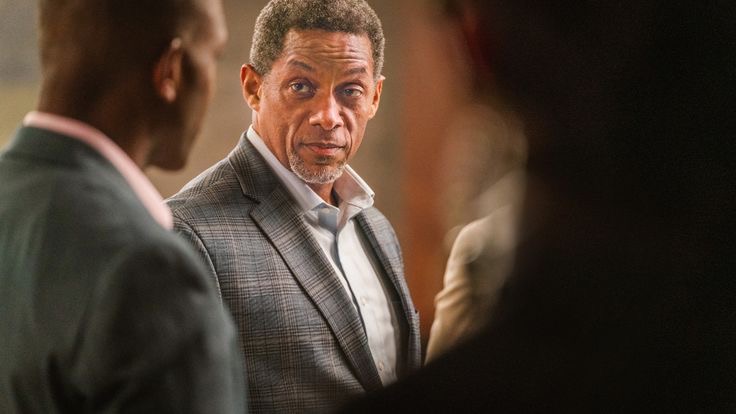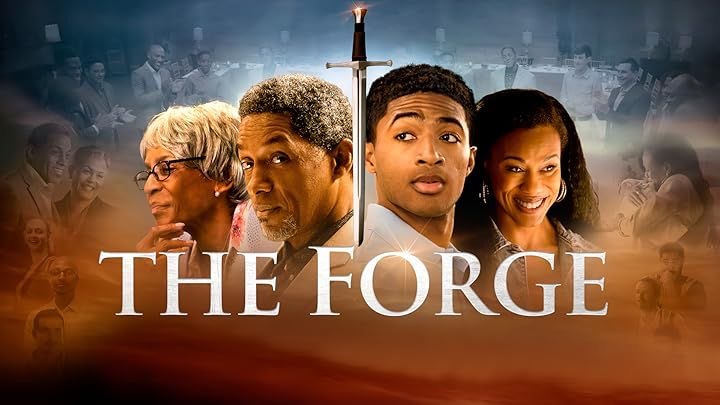The Forge is a story about change, about the struggles of a young man who feels lost and without direction, and about the way faith and discipline can completely reshape a person’s life. The film is from the Kendrick Brothers, who are known for making gospel centered movies that inspire hope, challenge the heart, and point people to God. Just like their earlier works, The Forge does not only tell a story for Christians but also tells a story that anyone who has ever felt stuck or confused can relate to.

At the center of this movie is a young man named Isaiah Wright who is simply drifting through life. He has no strong sense of purpose, no clear vision, and no lasting joy. He makes choices that leave him empty and he struggles to rise above his failures. Many people will recognize themselves in him because all of us at one point or another have experienced seasons of emptiness, confusion, or even rebellion. That is the emotional connection of this film. It does not paint its lead character as perfect, but rather as broken and searching, which makes him real and believable.
The turning point in his story comes when he encounters mentorship through the guidance of a wise believer who takes him under his wing. This part of the movie is very important because it does not show a magical transformation that happens overnight. Instead, it shows the power of steady mentorship, discipline, and faith. The mentor in this film does not just lecture him but walks with him step by step, teaching him lessons about responsibility, humility, and commitment to God. The film highlights the truth that real change is often forged through consistent guidance and godly accountability.

One of the strongest elements of The Forge is its focus on discipleship. In many Christian films, the story often ends once the main character finds faith, but this movie goes further by showing what it means to grow in faith after that first encounter. It is not just about a single moment of decision, it is about a journey of growth. That is what discipleship truly is. The movie presents this in a very practical way so that even viewers who are not familiar with church language can understand the importance of having mentors, leaders, or even friends who help shape and sharpen their lives.
Visually, the film is not flashy, and it does not need to be. The beauty of The Forge lies in its authenticity. The camera follows characters in simple settings like homes, workplaces, and small gatherings. There are no grand special effects but there is a strong emphasis on human connection. The emotional weight comes from dialogue, prayer, and heartfelt moments where characters wrestle with their choices and search for answers. This makes the story more relatable because the audience sees that faith is not lived out in glamorous settings but in everyday decisions.
The performances also carry a strong emotional tone. The young man’s struggles feel genuine, his anger feels real, and his moments of doubt are raw. His eventual transformation does not feel forced, but rather feels earned. The mentor character is especially memorable because he balances tough love with compassion, which mirrors the way God deals with His children. He does not excuse the mistakes of the young man, but he also does not condemn him in a way that leaves him hopeless. Instead, he patiently guides him, and this patience is one of the most inspiring aspects of the film.
Spiritually, The Forge is a powerful reminder of what it means to surrender to God. It teaches that discipline is not meant to limit joy but to guide us toward a better life. It shows that mentorship is one of the greatest gifts in spiritual growth and that true redemption is not just about avoiding the past but about embracing a new future. The movie carries a message that is especially important for young people today who are surrounded by distractions and searching for meaning.
From an Incluvie perspective, The Forge also highlights diversity in spiritual storytelling. While many Hollywood films tend to ignore or even dismiss faith centered stories, this movie boldly presents faith as the solution to a real human struggle. It also speaks across cultural and generational lines because the themes of mentorship, discipline, and growth are universal. Whether you are a Christian or not, you can watch this movie and come away with a deeper understanding of what it means to be guided, to be corrected in love, and to be strengthened in times of weakness.

In conclusion, The Forge is not just a movie, it is a call to action. It asks viewers to examine their own lives and ask the same questions: Who is guiding me? Who am I listening to? Am I drifting or am I growing? The story is simple but deeply moving, and it leaves you thinking long after the credits roll. For Christians, it is an encouragement to embrace mentorship and discipleship. For non believers, it is an invitation to reflect on the power of purpose and the possibility of change.
The film is warm, honest, and rooted in real struggles. It does not pretend that life is easy or that faith is without challenges. Instead, it reminds us that God shapes people like a blacksmith shapes metal. The fire, the pressure, and the shaping are never easy, but in the end, they create something strong and lasting. That is the message of The Forge and it is one that the world needs to hear.
Click to read a more in-depth breakdown
Your readership and support enable me to continue delivering thoughtful, in-depth, and honest reviews. Every gesture of encouragement helps sustain the voice of independent film writing.
Note: As the platform is currently under upgrade, all bonus content is being delivered manually. Once you purchase, I will personally email you the full breakdown within 3–5 days. Thank you so much for your support, it helps me keep writing what I love.

Comments